District Program Resources
Use the resources below to share your commitment to ensuring every student in every school has the opportunity to learn computer science!

Implementation Worksheets
Code.org is in the development phase of creating a CS Implementation Toolkit in partnership with CodeVA, our Regional Partner from Virginia. Check back here often for quick access to implementation resources that have launched!
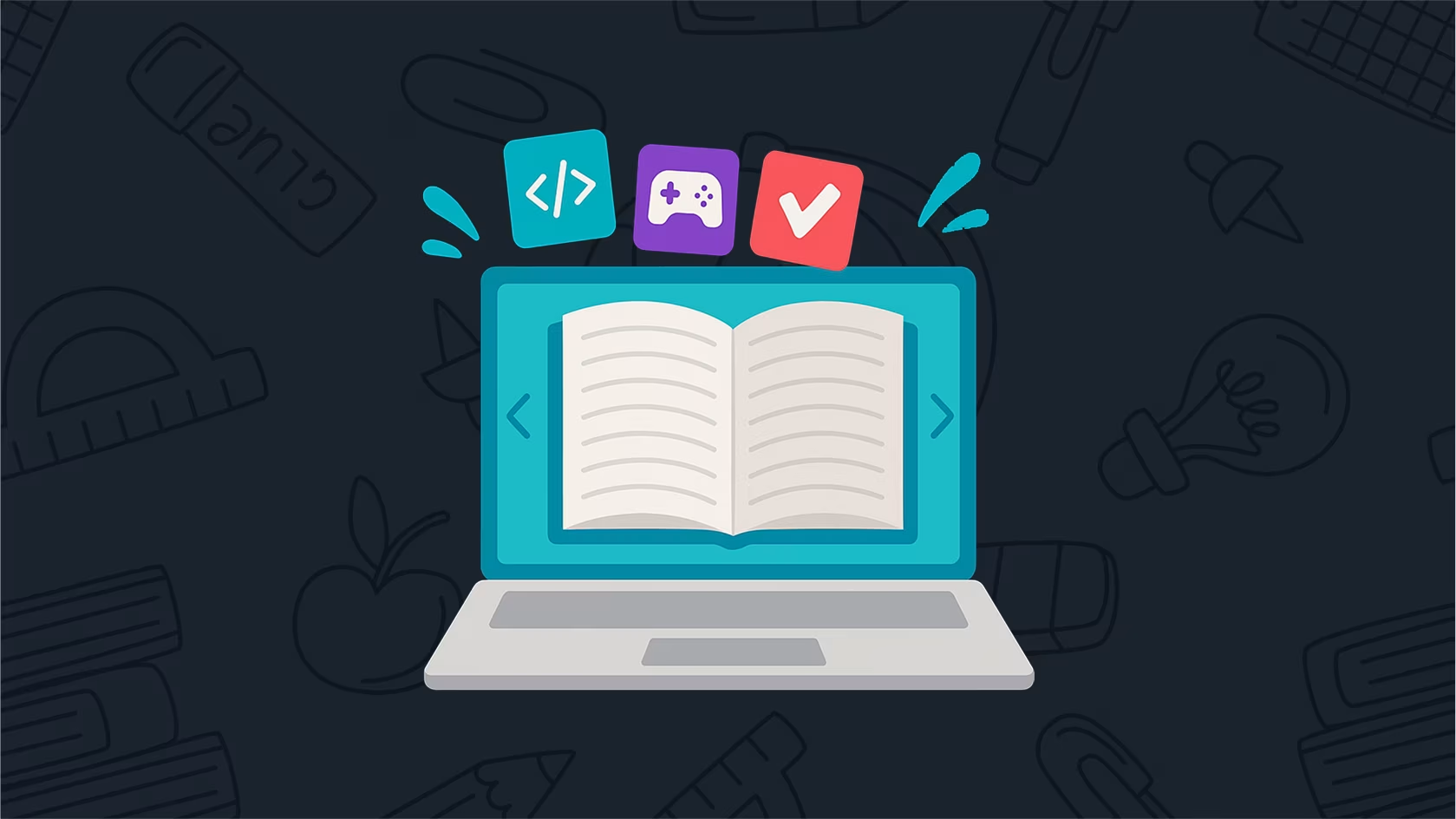
District Program Snapshot Worksheet
The purpose of the snapshot worksheet is twofold: to assist districts in constructing a comprehensive overview of the current state of CS education and to serve as the initial phase in the development of a detailed CS implementation plan. This strategic approach aims to enhance the integration and effectiveness of CS education across districts, thereby laying the groundwork for a more informed and data-driven computer science implementation strategy. This tool can be modified to meet the unique needs of districts. Whether districts are referred to as complex areas, regions, divisions, etc., this tool can (and should) be used in a way that best meets the needs of the district.

District Self Evaluation Worksheet
The goal of this district self-evaluation is to help districts determine their level of readiness for computer science implementation and to support the development of a district’s Code.org CS Implementation Plan. The indicators are organized in order of the suggested work that needs to be done to build a sustainable CS district-wide program. Indicators that have an average score below initial implementation (average score of 2.9 or less) should be considered a great starting point in goal identification for your Code.org CS Implementation Plan.
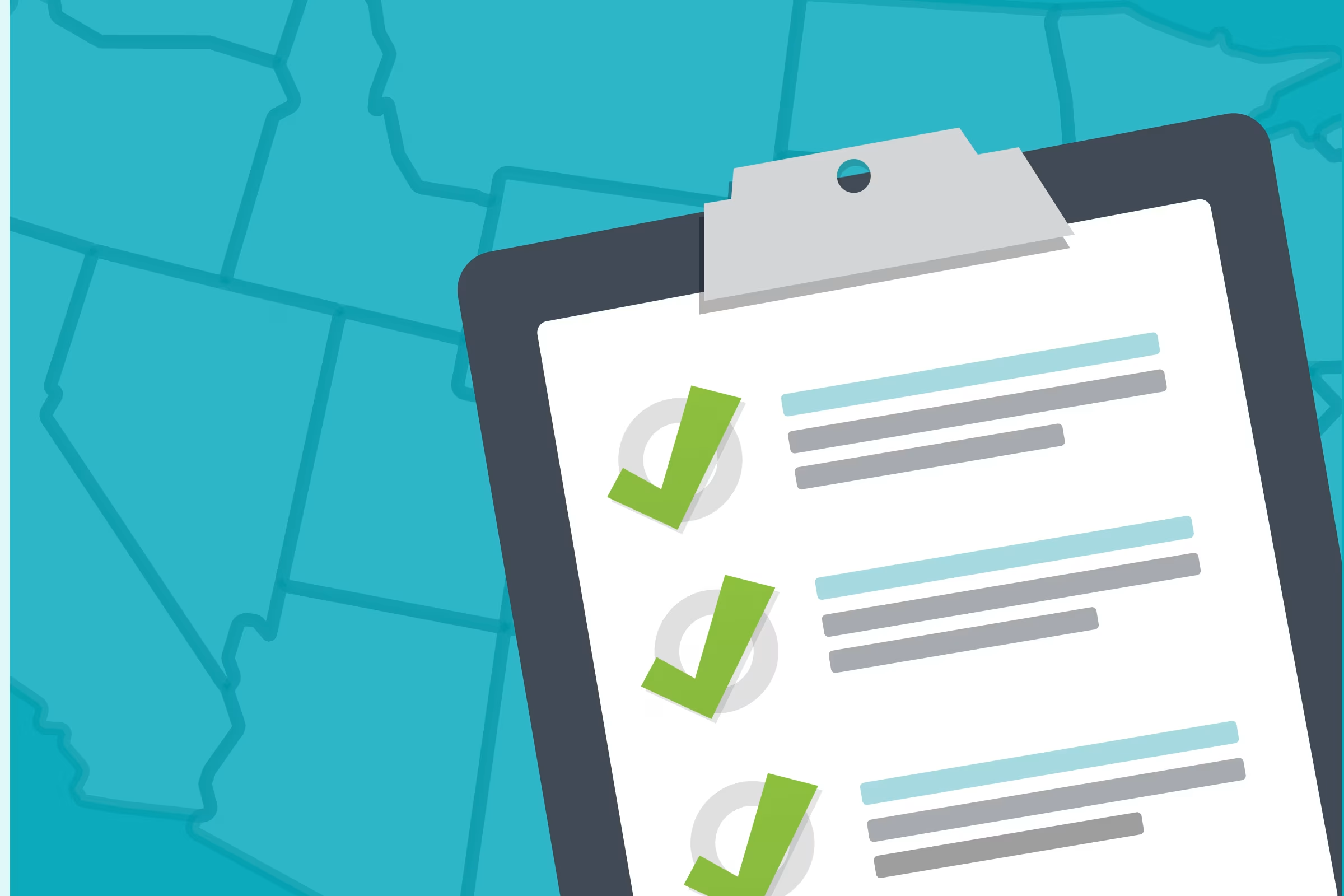
District Program Strategic Plan
We are excited to launch our free Computer Science Implementation Worksheets! These worksheets are meant to be used based on district needs. Districts who are interested in developing an implementation plan are encouraged to complete these "self-serve" worksheets with their CS Champions team. If you are interested in having more guidance and consultation around developing an implementation plan, please reach out to your Regional Partner or contact districtprogram@code.org for more assistance!
Communications Kit
The Communications Kit provides districts with access to a full suite of communication assets designed to support the promotion of Code.org initiatives. From printable posters to social media templates, this collection of materials will help you effectively engage educators, students, and the broader community. Customize the assets with your district’s information to drive awareness and highlight your computer science efforts.
Communications Kit Overview
The Communications Kit Overview offers a comprehensive guide to supporting districts enrolled in the Code.org District Program. This resource outlines key initiatives, promotional opportunities, and pathways for expanding computer science education. Whether you’re looking to engage the community through media or enhance internal communications, this guide provides everything you need, from social media materials to program factsheets.

Social Media Materials
Library of items designed for internet communications such as e-mail, social media posts, badges, and general outreach/recognition. Assets are available in various formats depending on platforms used. Customizable files are included to add your district’s information/logos.
Program Materials
The Program Materials folder includes promotional slides, brochures, fact sheets, and a District Program overview. These assets can be integrated into presentations and talks to communicate Code.org initiatives. They are ideal for events like district meetings, Open House, and Back-to-School nights. Educators can also use them when launching a new course, and guidance departments can display brochures for parent/student inquiries. All materials are available in the Program Materials folder.


Display Materials
Included in the asset file are inspirational posters that provide a glimpse into the Code.org impact, initiatives, and implementation. These can be used for office or classroom (for CS teachers) display and recognition for educators, students, or community members to view. Be sure to check out our bank of computer science posters!
Code.org District Badge
As a Code.org District, you receive access to these two badges below. Feel free to use the color format that best aligns with your district's brand strategy. You are able to use this badge in your social media campaigns, recruitment efforts and when engaging with stakeholders.

Action Block Title
Action block description goes here.
Light version
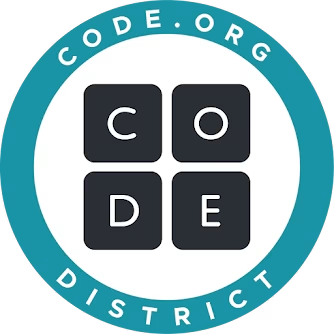
Badge Dark Version
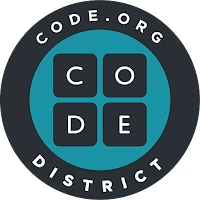
Videos and Webinar Recordings
Stay Informed with Code.org Webinars Our webinar series is designed to keep districts informed and engaged with the latest initiatives and products from Code.org. Each session features in-depth conversations with the Code.org team members who are leading these efforts, offering firsthand insights into new tools, strategies, and opportunities. These interviews are a valuable resource for districts looking to stay ahead of the curve and deepen their connection to our growing community and evolving offerings.
TeachAI: Empowering educators to teach with and about AI
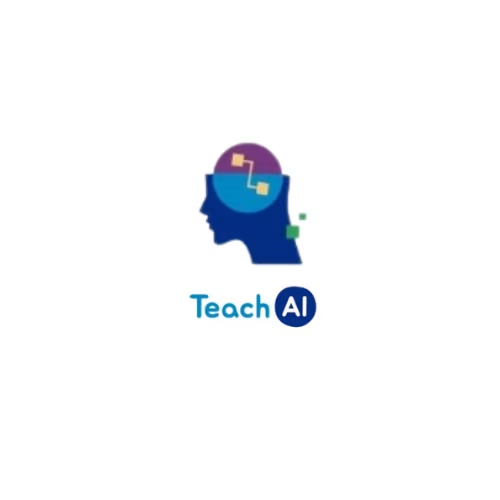
Explore how districts can integrate or expand AI education with insights from Code.org’s LeoLin Bowen and Code.org's Chief Academic Officer as well as TeachAI’s, Pat Yongpradit. Learn about the TeachAI guidance toolkit, opportunities to shape AI literacy in schools, and why now is the time to act.
New Generative AI Curriculum

Learn about Code.org’s new GenAI curriculum, developed with Amazon Future Engineer. Join LeoLin Bowen and Dan Schneider as they discuss why students should learn about GenAI, how the curriculum addresses equity, and common AI myths.
High School Curricula Overview: Preparing Our Students For The Future

Get a high-level overview of Code.org’s high school curricula as LeoLin Bowen speaks with Jamila Cocchiola, 6–12 Curriculum Product Manager, about key concepts and the importance of preparing students with 21st-century tech skills.